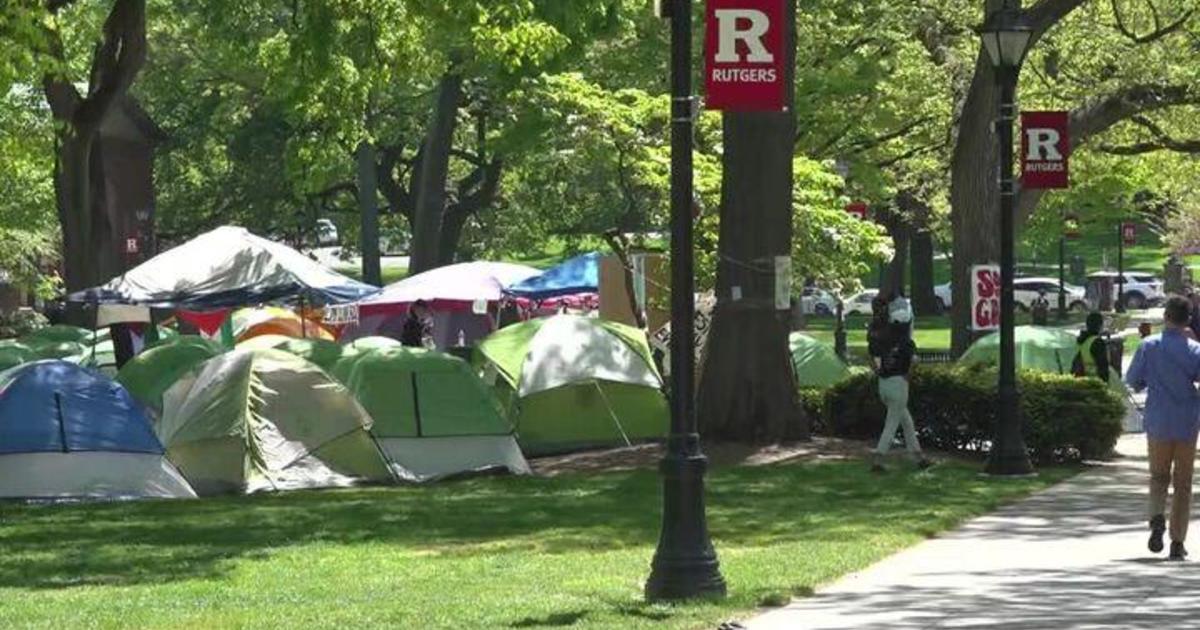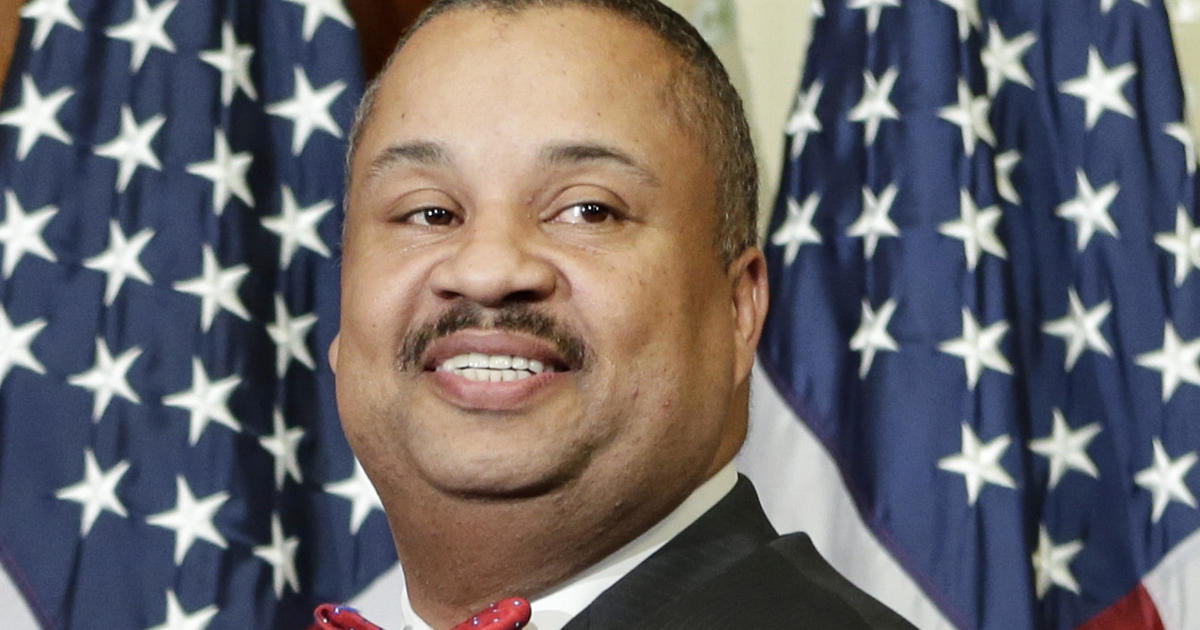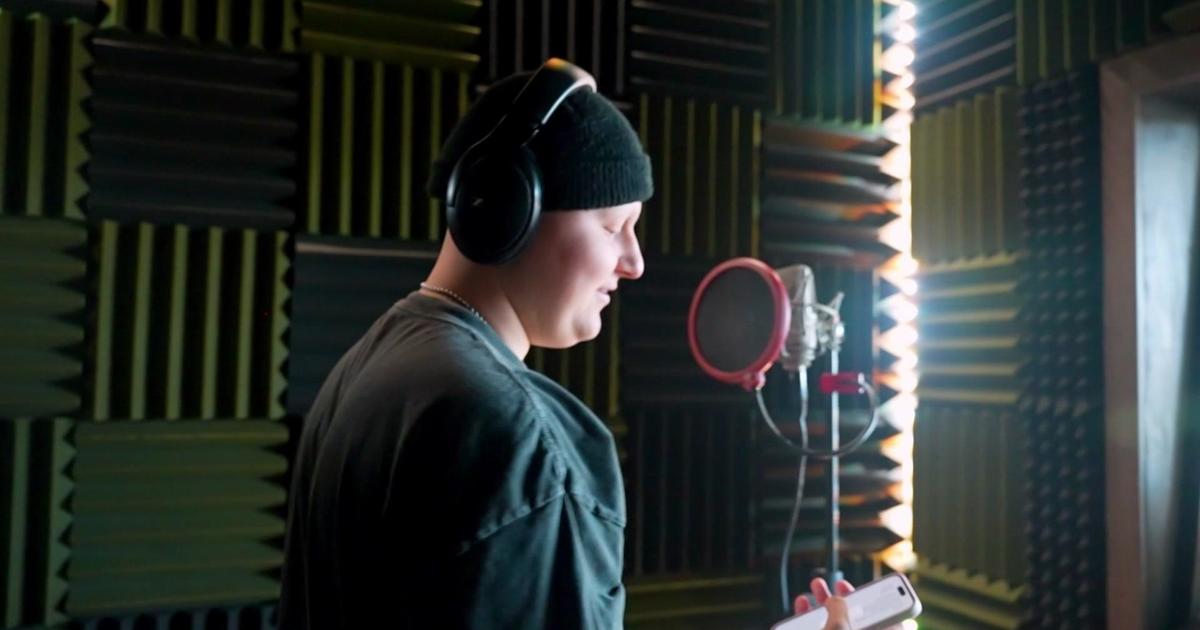Supreme Court Allows Enforcement Of Trump Travel Ban
WASHINGTON (CBSNewYork/AP) -- The U.S. Supreme Court on Monday ruled that the Trump administration may fully enforce a ban on travel to the United States by residents of six mostly Muslim countries.
The justices said in an order Monday that the policy can take full effect even as legal challenges against it make their way through the courts. The challenges will be heard starting this week.
The ban applies to travelers from Chad, Iran, Libya, Somalia, Syria and Yemen. Lower courts had said people from those nations with a claim of a "bona fide" relationship with someone in the United States could not be kept out of the country. Grandparents, cousins and other relatives were among those courts said could not be excluded.
Justices Ruth Bader Ginsburg and Sonia Sotomayor would have left the lower court orders in place.
"This a substantial victory for the safety and security of the American people," Attorney General Jeff Sessions said in a news release. "We are pleased to have defended this order and heartened that a clear majority Supreme Court has allowed the President's lawful proclamation protecting our country's national security to go into full effect. The Constitution gives the President the responsibility and power to protect this country from all threats foreign and domestic, and this order remains vital to accomplishing those goals."
As CBS2's Tony Aiello reported Monday night, the travel ban was not particularly popular with many passengers at John F. Kennedy International Airport.
"To a certain degree, yes, it is discriminatory -- it really is," said Delfina Warrick.
"I just don't like the whole thing anyway," said Maribelle Leavitt. "Not a fan."
There are exceptions to the ban. Iranian exchange students will still be allowed, while Somails cannot immigrate to the U.S. but will be allowed to visit after extra security screening.
"They must look into it and give the innocent people the chance to come over here," said traveler Pasha Khan.
The latest travel ban was issued in September. An earlier ban targeting some, but not all of the same countries sparked massive protests and legal challenges. The revised plan approved by the Supreme Court ruled visitors from flagged countries had to prove a "credible claim of a bona fide relationship with a person or entity in the United States."
Similar rules apply here. If someone already has a visa or green card, they will be allowed into the U.S. but those applying after the restrictions are in effect will face a tougher vetting process or may be denied altogether.
(© Copyright 2017 CBS Broadcasting Inc. All Rights Reserved. The Associated Press contributed to this report.)



